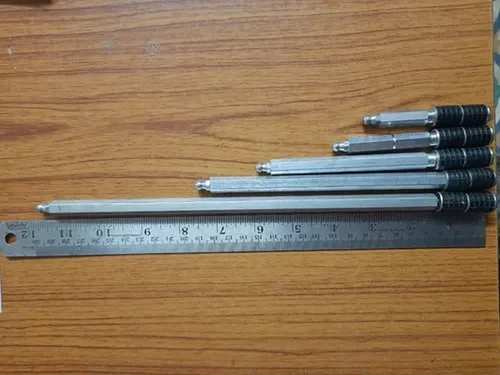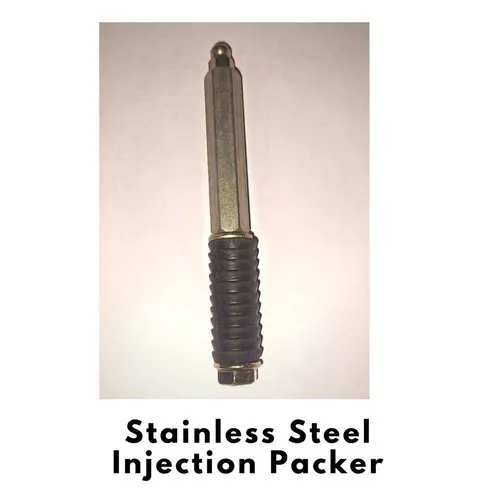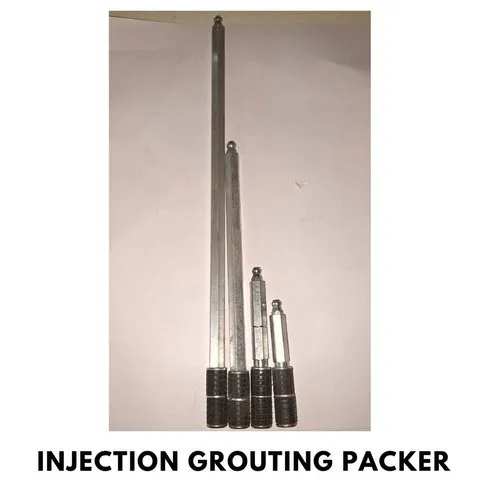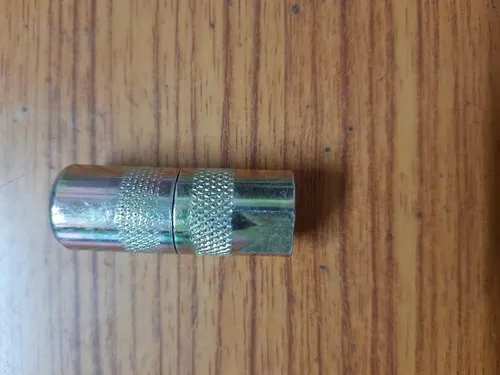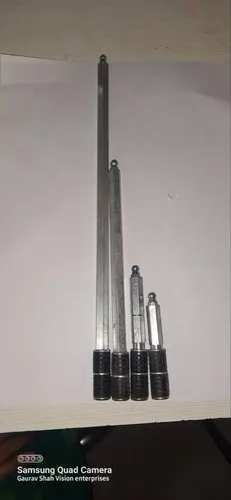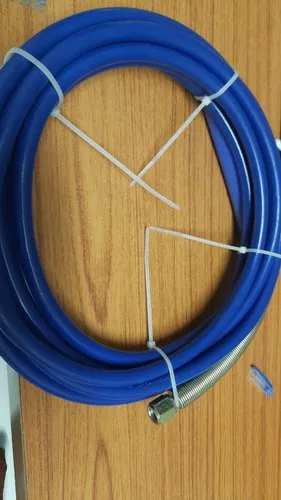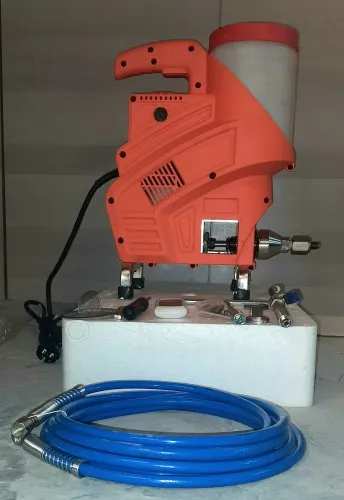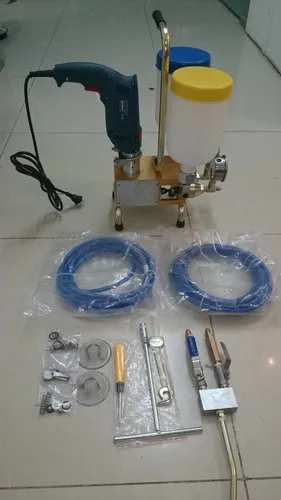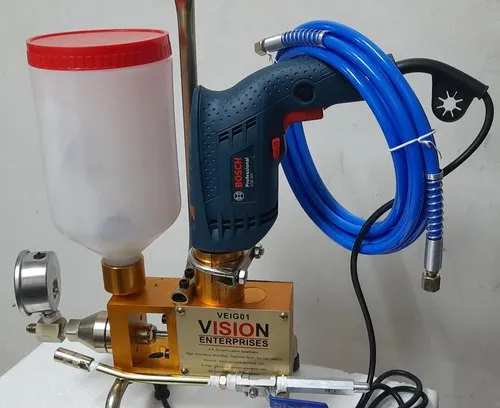Capacity: 1-2 ton Brand: VE Material: ss Customisation: Not Customised Nipple Grease Pressure: yes Diameter: standard Crack Injection Packers: Sealing the Cracks, Strengthening the Structure Crack injection packers are unsung heroes in the construction and repair world, playing a crucial role in sealing cracks, voids, and joints in concrete and other structures. These versatile tools work behind the scenes, ensuring long-term stability and preventing further damage. Types of Crack Injection Packers: Mechanical Packers: These rely on a mechanical mechanism, like a screw or wedge, to expand a rubber sleeve and create a tight seal against the crack walls. They are: Reusable: Can be used for multiple injection projects after proper cleaning and maintenance. Cost-effective: Generally cheaper than other injection methods like chemical bonding. Easy to use: Require minimal setup and expertise. Chemical Packers: These utilize a chemical reaction, often the expansion of a polyurethane foam upon contact with water, to form a seal. They are ideal for: Wet or underwater applications: The foam expands even in water, creating a waterproof seal. Irregular cracks: The flexible foam adapts to the shape of the crack for a snug fit. Hydraulic Packers: These employ hydraulic pressure to inflate a bladder or membrane, creating a seal against the crack walls. They offer: High pressure capabilities: Suitable for large cracks or deep injections requiring significant pressure. Controlled injection: Precise pressure control ensures optimal filling and minimal risk of damage. Crack Injection Packers: Sealing the Cracks, Strengthening the Structure Crack injection packers are unsung heroes in the construction and repair world, playing a crucial role in sealing cracks, voids, and joints in concrete and other structures. These versatile tools work behind the scenes, ensuring long-term stability and preventing further damage. Types of Crack Injection Packers: Mechanical Packers: These rely on a mechanical mechanism, like a screw or wedge, to expand a rubber sleeve and create a tight seal against the crack walls. They are: Reusable: Can be used for multiple injection projects after proper cleaning and maintenance. Cost-effective: Generally cheaper than other injection methods like chemical bonding. Easy to use: Require minimal setup and expertise. Image of Crack Injection Mechanical PackerOpens in a new window www.sealboss.com Crack Injection Mechanical Packer Chemical Packers: These utilize a chemical reaction, often the expansion of a polyurethane foam upon contact with water, to form a seal. They are ideal for: Wet or underwater applications: The foam expands even in water, creating a waterproof seal. Irregular cracks: The flexible foam adapts to the shape of the crack for a snug fit. Image of Crack Injection Chemical PackerOpens in a new window www.daehwa.info Crack Injection Chemical Packer Hydraulic Packers: These employ hydraulic pressure to inflate a bladder or membrane, creating a seal against the crack walls. They offer: High pressure capabilities: Suitable for large cracks or deep injections requiring significant pressure. Controlled injection: Precise pressure control ensures optimal filling and minimal risk of damage. Image of Crack Injection Hydraulic PackerOpens in a new window www.smartclima.com Crack Injection Hydraulic Packer Choosing the Right Crack Injection Packer: Several factors influence the choice of the right packer: Crack size and type: The packer diameter and seal design should be compatible with the crack geometry and material. Grout type: Ensure the packer material is compatible with the chosen grout and its chemical properties. Injection pressure: Select a packer rated for the expected injection pressure to avoid damage or leaks. Application context: Consider factors like accessibility, ease of removal, and presence of water. Budget and reusability: Compare costs and weigh the value of reusability vs. disposable options.

